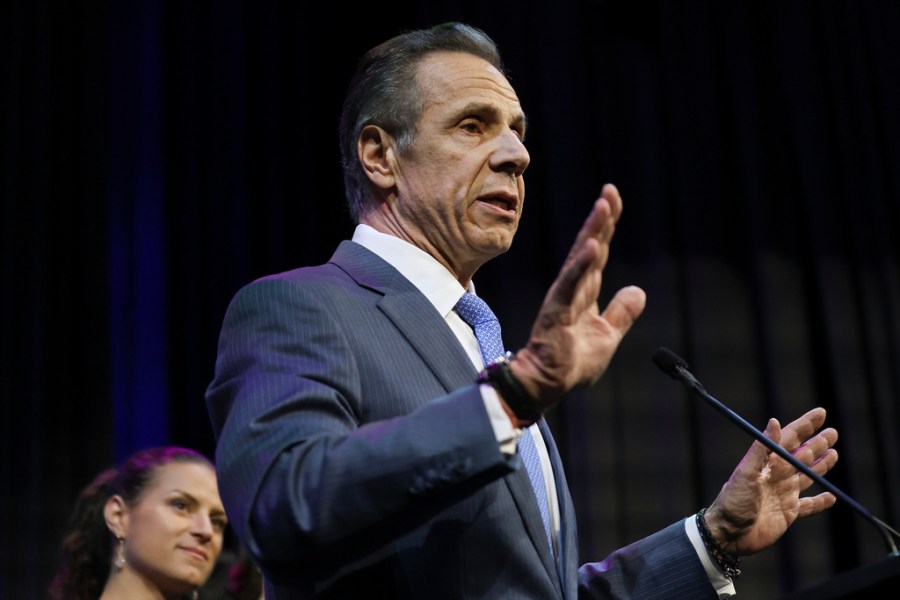Reports from Politico and the New York Times have uncovered a series of disturbing chats among Young Republicans, revealing a troubling pattern of racist, homophobic, and antisemitic remarks. Over a seven-month span, nearly 2,900 pages of conversations on the messaging platform Telegram showcased a group of individuals, many of whom were affiliated with elected officials, expressing extreme views and making offensive jokes about marginalized communities.
The fallout from these chats has been significant, prompting responses from various political leaders and organizations. The dialogues included derogatory references to Black individuals and casual remarks about violence, including threats of sexual assault against political opponents. One participant even stated, “I love Hitler,” highlighting the extreme ideology that some members espoused.
Political Response and Accountability
In light of the revelations, the reaction among political leaders has been mixed. Vice President J.D. Vance initially downplayed the situation, likening the chats to “anything said in a college group chat.” His comments have faced criticism, with many arguing that such language should not be trivialized. In contrast, New York Governor Kathy Hochul asserted that “everyone from the president down must forcefully condemn this,” emphasizing the need for accountability in political discourse.
In a notable move, the Kansas Republican Party disbanded its Young Republicans group in response to the incident. Additionally, an aide to the state’s attorney general was terminated due to his involvement in the chats. The chair of the New York State Young Republicans also issued an apology, acknowledging the harmful nature of the language used in the conversations. “There is no excuse for the language and tone in messages attributed to me,” he stated, committing to more responsible communication in the future.
The Broader Implications
The incident has not only affected those directly involved but has broader implications for the Republican Party as a whole. The Young Republican National Federation has condemned the “inexcusable” language, urging participants to resign. This incident raises questions about the acceptance of extremist views within political circles and the responsibility of leaders to address such issues.
While the Young Republicans are facing scrutiny, other political figures have also come under fire for their past comments. In Virginia, Democratic candidate for state attorney general Jay Jones has faced backlash for previously comparing a Republican opponent to Hitler. His apology for those remarks underscores the pervasive issues of inflammatory language across party lines.
As the political landscape continues to evolve, the emphasis on respectful and constructive dialogue remains crucial. The words we choose can have lasting effects, as evidenced by the sentiments expressed by Jessamyn West: “A broken bone can heal, but the wound a word opens can fester forever.” In this context, the call for civility in political conversation is more pressing than ever.
In a world where digital communication often lacks the nuance of face-to-face conversation, the importance of mindful language is paramount. As political operatives and leaders navigate these challenges, a commitment to respectful discourse can foster a healthier political environment for all.







